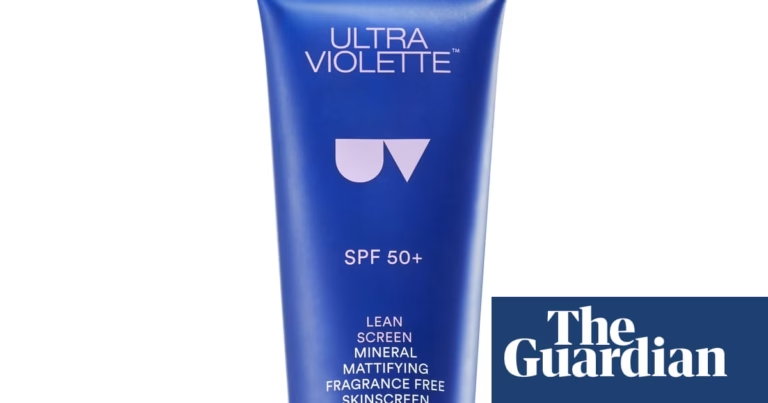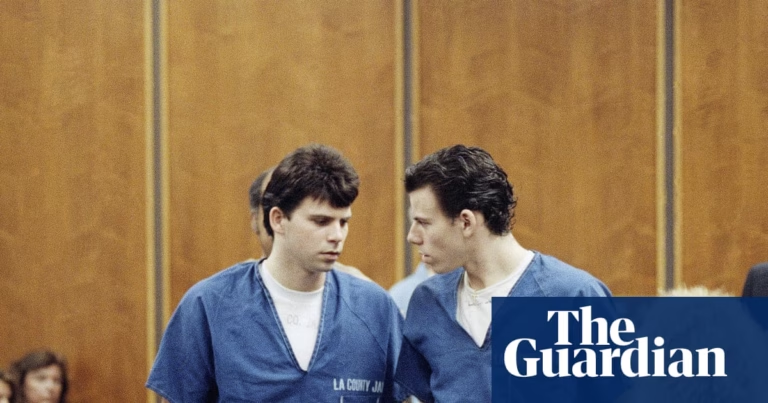On Sunday, the US operator of Forever 21 filed for bankruptcy for the second time in a six-year span and announced that it will be closing down its operations in the country. The company attributed this decision to the fierce competition from online retailers in the fast-fashion industry and a decline in mall traffic. The rise of cheap packages from China, which have a waiver of standard customs procedures and tariffs, has also impacted Forever 21’s pricing power. Brad Sell, the finance chief of F21 OpCo, which operates Forever 21’s around 350 US stores, explained that foreign fast-fashion companies have taken advantage of this situation. Despite its beginnings in Los Angeles in 1984 as a popular destination for affordable and stylish clothing, Forever 21 has struggled as e-commerce retailers and the decline of American mega malls have taken a toll on apparel companies. Sarah Foss, head of legal and restructuring at Debtwire, highlighted the competitive environment and rising business costs as challenges for physical retailers like Forever 21. The retail sector has seen 20 bankruptcy filings in 2024, and 25 retail chains have filed for bankruptcy at least twice since 2016. F21 OpCo is planning liquidation sales at its US stores and a court-supervised sale and marketing process for its assets, estimated to be worth between $100m and $500m. The company’s US stores and website will remain open during the process, while international stores will remain unaffected. Its liabilities are expected to be in the range of $1bn to $10bn. Forever 21 had previously filed for bankruptcy protection in 2019 and was subsequently taken out of bankruptcy by Sparc Group, a joint venture between Authentic Brands Group and mall operators Simon Property and Brookfield Asset Management. It is now owned by Catalyst Brands, formed through the merger of Sparc and JC Penney. The strategic options for Forever 21 have been explored since Catalyst Brands was established. Authentic Brands will retain ownership of Forever 21’s trademark and intellectual property, which could continue to exist in some form. Jamie Salter, CEO of Authentic Brands, has called acquiring Forever 21 “the biggest mistake I made.”
Source: https://www.theguardian.com/us-news/2025/mar/17/forever-21-bankruptcy







